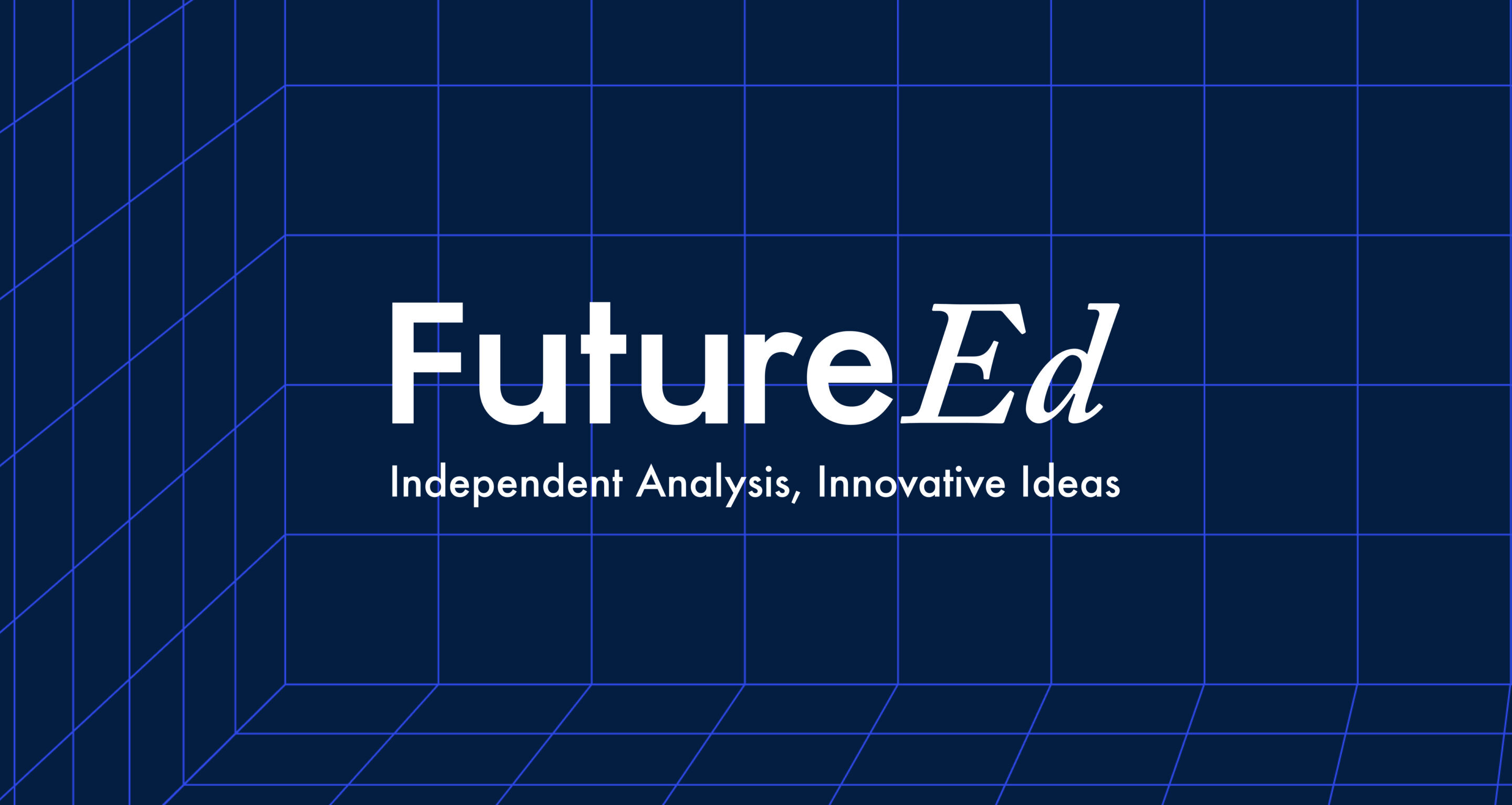The Trump Administration’s Tax Credit Scholarship Program: A Potential Game Changer for Education
The Trump administration’s recently passed federal tax credit scholarship program stands poised to create a seismic shift in the American education landscape. Set to kick off in 2027, this initiative promises to funnel billions of dollars into private schooling options for families across the nation. However, the catch lies in the fact that states must voluntarily opt into the program, which opens the door to a labyrinth of political and policy discussions.
Understanding the Federal Tax Credit Scholarship Program
At its core, the federal tax credit scholarship program is designed to enhance educational choice by enabling families to access funds that can be applied toward private school tuition. With potentially substantial financial backing, this initiative aims to empower parents and guardians who wish to pursue alternatives to public schooling for their children.
The program intends to provide scholarships that can help cover tuition costs, thereby lessening the financial burden on families. This could be particularly advantageous for low and middle-income households seeking quality education options in a landscape often dominated by public school limitations.
Implications for Students and Families
As discussions surrounding this program unfold, it’s crucial to consider its potential impact on students and families. For many parents, the choice to send their children to private institutions can hinge on financial capability. By alleviating some of these costs, the program may create a more equitable educational environment where all students, regardless of economic background, can access quality schooling.
Moreover, the scholarship program is designed to encourage competition among schools. In theory, this could lead to improvements in both private and public educational institutions, as they strive to attract and retain students. However, while competition could drive innovation and enhancements in educational quality, it brings a set of concerns regarding resource allocation and the potential erosion of public school funding.
The Political Landscape: Opt-In State Participation
One of the most significant aspects of the program is its opt-in nature. States must choose to participate, which positions the initiative within a larger political context. The decision to opt in could trigger heated debates among state lawmakers, educators, and the public. As seen in past discussions surrounding school choice, opinions on such initiatives are often deeply polarized.
Proponents argue that the program is a necessary step toward educational equity and parental choice, while opponents may view it as a threat to public schools and a diversion of funds away from the community education system. This political friction will likely shape how the program is implemented and its ultimate success.
Learning from Past Experiences with School Choice
To better understand the potential ramifications of such a program, it’s essential to examine the experiences of states that have previously implemented private school choice initiatives. Lessons learned from these states can provide valuable insights into the challenges and opportunities that lie ahead.
For instance, in states like Florida and Arizona, tax credit scholarship programs have been criticized for lacking sufficient accountability measures. Concerns have arisen about transparency, oversight, and the effectiveness of such schools in serving diverse populations. Understanding these challenges can guide policymakers in crafting regulations that ensure efficiency and equity within the new system.
Voices of Insight: FutureEd’s Upcoming Conversation
To delve deeper into these matters and explore various viewpoints, FutureEd is hosting a conversation that promises to shed light on the multifaceted implications of the tax credit scholarship program. Moderated by FutureEd Director Thomas Toch, this discussion features an esteemed panel of experts:
-
Rachel Canter, the director of education policy at the Progressive Policy Institute, will provide insight into the implications for educational equity and policy reform.
-
Jorge Elorza, CEO of Democrats for Education Reform, will discuss the political dynamics and activist movements shaping state responses.
-
Michael J. Petrilli, president of the Thomas B. Fordham Institute, will share perspectives on the educational landscape and the impact of school choice on student outcomes.
-
Jon Valant, director of the Brown Center on Education Policy at the Brookings Institution, will analyze the data and research surrounding school choice programs.
This yet-to-occur dialogue aims to navigate the murky waters of the program’s implementation and its potential consequences, fostering a richer understanding of what lies ahead for American education.
With the rollout of the federal tax credit scholarship program on the horizon, the education community stands at a crossroads. The implications of this initiative will be profound, impacting students, families, and the structure of education across the United States. Engaged discussions, such as the one hosted by FutureEd, will be crucial in shaping a thoughtful response to these emerging challenges and opportunities.

